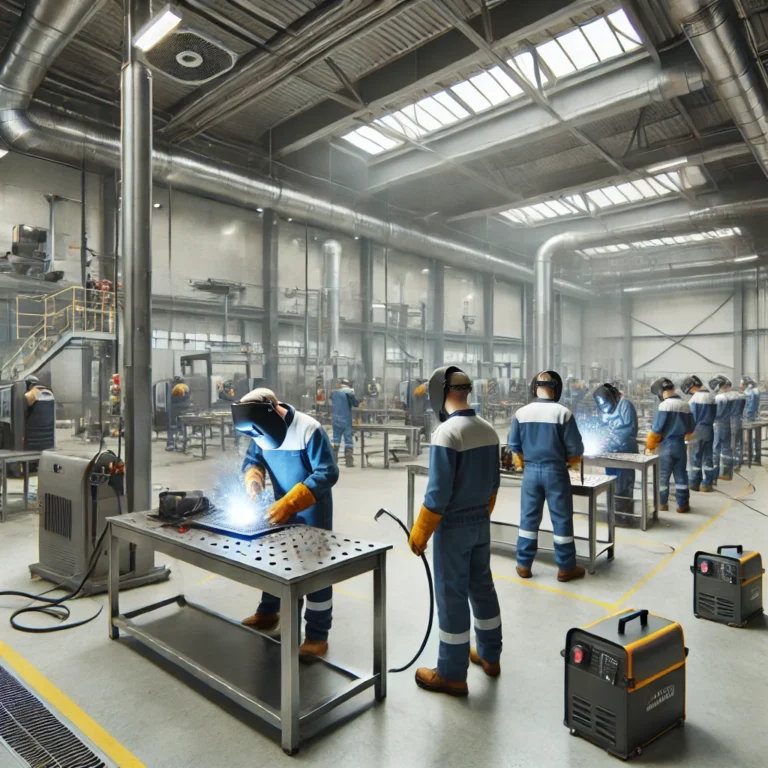Industrial Pipe Welding Salary: What Welders Really Earn in This Field

Industrial pipe welding plays a critical role in construction, power generation, oil refineries, and manufacturing facilities. Due to its specialized nature, this career path commands higher-than-average wages, making it attractive to skilled professionals who can work in high-pressure environments. But how much do industrial pipe welders really earn, and what factors influence their salary?
What Is Industrial Pipe Welding?
Industrial pipe welding involves joining sections of piping used in heavy-duty systems that transport steam, water, gas, or chemicals. These welders often work in harsh or hazardous conditions and are required to meet rigorous quality and safety standards. Their work may take place on-site at refineries, offshore oil rigs, or industrial plants, and requires a strong command of techniques like TIG, MIG, or Stick welding—often with certifications to match.
Average Salary Range for Industrial Pipe Welders
The salary of an industrial pipe welder varies depending on experience, certifications, and job location. On average, pipe welders in the United States earn between $55,000 and $85,000 per year. Entry-level workers may start closer to $45,000, while experienced professionals with high-demand certifications can exceed $100,000 annually—especially when working in remote or high-risk areas.
Hourly wages range from $22 to $45, depending on skill level and industry. Offshore and union jobs, as well as government or military contracts, tend to offer the highest pay rates.
Factors That Affect Pipe Welding Salaries
Experience and Skill Level
Like most trades, experience plays a significant role. A welder with five or more years of pipe welding experience—especially under pressure vessels or structural codes—will command a higher wage than a newcomer.
Certifications and Specializations
Certifications such as AWS D1.1, ASME Section IX, or API 1104 are highly valued in industrial settings. Welders trained to work with exotic metals (e.g., Inconel, stainless steel, or titanium) or in challenging positions (6G, overhead, vertical) can earn premium wages.
Location and Industry
Industrial pipe welders earn more in regions with strong oil, gas, and chemical processing industries. States like Texas, Alaska, and Louisiana offer high-paying opportunities, especially in the Gulf Coast energy sector. Work on nuclear or power generation sites also tends to pay more due to strict regulations and safety concerns.
Union vs. Non-Union Jobs
Union pipe welders often benefit from higher hourly wages, consistent raises, health benefits, and retirement plans. Non-union positions can be lucrative as well, especially for independent contractors who take on large-scale industrial projects.
Perks and Challenges of the Job
Industrial pipe welding offers strong earning potential, travel opportunities, and long-term career growth. However, the job can be physically demanding and may involve long hours in remote locations or extreme weather conditions. Proper safety training and physical endurance are essential.
Conclusion
Industrial pipe welding is not only a rewarding career in terms of skill mastery but also one of the most lucrative paths in the welding industry. While entry-level salaries are respectable, experienced welders with certifications and the willingness to work in demanding environments can earn significantly more. Whether you’re just getting started or considering a shift into industrial sectors, pipe welding offers strong financial prospects and job security for skilled professionals.






